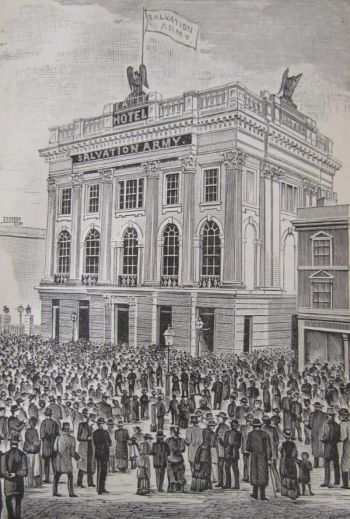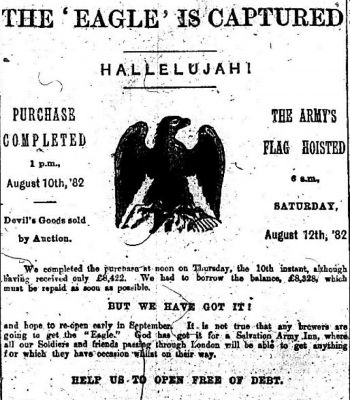Tuesday evening – An attempt at a brief update; we arrived at the Tallnäs Conference Centre – 60 members of the 80 year old Swedish FSAOF, gathered for a 4 day retreat! Guest of honour; retired Commissioner Sven Nilsson, who’ll turn 100 in a few weeks. A book detailing his multi- faceted service will be released at the same time.
Excellent facilities, but I had yet another tumble in the conference centre and the nurse on duty had me dispatched to the Värnamo Hospital the following morning. The tumbles turned out to be, as is so often the case, a blessing in disguise - drove to Värnamo hospital, a state of the art facility of design and patient care + exray confirmed 2 wrist fractures, and Glad’s latent Nightingale skills. She’d wrapped my hand in place firmly, like a skilled surgeon, forcing the fractures to ‘mold’ – quite remarkable in the words of the fracture repair team.
We departed the hospital for a visit around this uniquely ‘special town’! Our first visit was to the train station.
It was in the Värnamo train station that an inspired book store owner, the avid philosophy, Kierkegaard and theology scholar, Anna Ouchterlony, founded The Salvation Army in Sweden, in 1882 – assisted by Bramwell Booth, sent there to recuperate from exhaustion, from London, by his father William, founder of TSA…, But it was hefounder himself, who beheld her gifts and abilities. She was allocated ten years to build the Army in Sweden and during that tenure built up a Christian movement, an Army with combat forces of nearly 10,000 soldiers, 600 officers, who opened over 140 corps. Hanna's driving force was her faithful and personal conviction that this movement was something uniquely intended for Sweden. I asked some passers by if they knew the name Hanna Ouchterlony. The responses were nothing short of overwhelming; “Why, everyone in Värnamo knows the name Ouchterlony. Hanna was the Founder of Frälsningsarmen in Sweden.” And where is the corps? And each person explained in detail where it was located, although now inactive.
The corps was of interest for two reasons – my grandparents were married in the corps, and it was from the Värnamo Corps and train station that they departed in 1918 to serve in the SA’s pioneer team sent to work in the Russian Empire.






















